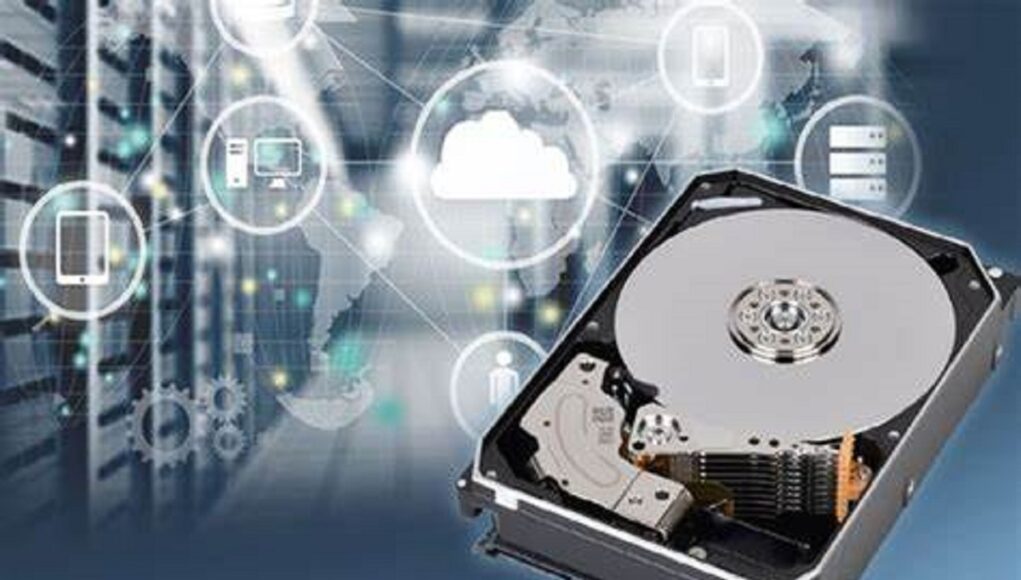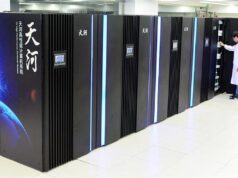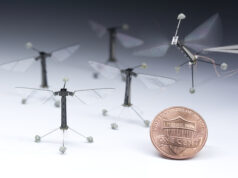When it comes to high-performance data storage, solid-state drives (SSDs) usually steal the spotlight. They’re fast, reliable, and increasingly affordable — but they’re not the complete solution. With data demand skyrocketing across industries, the storage world still relies heavily on hard disk drives (HDDs) for capacity at scale.
And that’s where Toshiba comes in.
Toshiba Electronics Europe has unveiled a new HDD Innovation Lab in Düsseldorf, Germany, designed to help partners and customers explore how to make traditional hard drives faster, smarter, and more efficient — sometimes even rivaling the performance of SSD-based systems.
What Is the HDD Innovation Lab?
The lab is more than just a workspace — it’s a strategic facility created to push the boundaries of HDD technology. Building on a smaller lab in Dubai, the new Düsseldorf hub will serve clients across Europe and the Middle East, providing evaluation services for a range of use cases:
- Cloud storage infrastructure
- Surveillance and security systems
- NAS (Network-Attached Storage) environments
- Enterprise storage networks
At its core, the lab is about collaboration and customization. Toshiba and its partners can now perform proof-of-concept testing, fine-tune hardware configurations, and even conduct performance benchmarking — all tailored to the unique needs of the customer.
“This new HDD Innovation Lab represents a significant leap forward,” said Rainer Kaese, Toshiba’s Senior Manager of HDD Business Development. “It demonstrates our commitment to driving the industry forward.”
Inside the Lab: Testing, Tuning, and Tech
The lab is equipped with everything needed to simulate real-world storage environments:
- Servers, chassis, and JBoDs (Just a Bunch of Disks)
- Controllers and interconnect cables
- Monitoring and analysis software
- Energy consumption measurement tools
This setup allows engineers to replicate customer environments and discover the best ways to deploy HDDs efficiently — especially in hybrid or high-throughput scenarios.
The Secret Sauce: Combine Hard Drives to Maximize Throughput
Here’s the big idea: you can make HDDs faster — a lot faster — simply by combining them in optimized configurations.
According to Kaese, the lab has shown that when HDDs are networked together using ZFS-based software-defined storage, they can fully saturate high-speed network connections.
Examples from their testing:
- 4 HDDs in a small-office NAS setup can saturate a 10GbE network
- 12 HDDs reach 25GbE enterprise-level throughput
- A whopping 60 HDDs can fill the bandwidth of a 100GbE high-performance network
“The flash industry cannot meet the growing capacity demand anytime soon,” Kaese explained to Blocks & Files, “so HDDs remain essential — and scalable.”
Why It Matters: Beyond Speed, It’s About Sustainability and Scale
There’s more to this than just squeezing extra performance out of spinning disks.
Toshiba’s innovation efforts aim to:
- Help customers reduce energy usage by testing efficient drive configurations
- Extend the lifespan of existing infrastructure
- Enable hybrid environments where SSDs and HDDs work together efficiently
- Offer cost-effective alternatives to SSD-only systems, especially for big data, backups, and archival storage
And as storage needs grow — in sectors from healthcare and AI to video surveillance — the ability to scale with HDDs remains a critical asset.
Sharing the Knowledge: Reports, Whitepapers & More
Toshiba won’t be keeping its findings behind closed doors. The company plans to release:
- Lab reports
- Technical whitepapers
- Configuration guides
- Performance case studies
These resources will help customers and the broader IT community understand how to optimize HDD configurations for different workloads.
For example, businesses setting up new storage area networks (SANs) or enterprise NAS systems can rely on Toshiba’s data to make informed architecture decisions.
Want to see the kind of analysis the lab might produce? Check out Toshiba’s official HDD solutions portal, which provides specs, use-case guides, and technical resources.
Will HDDs Replace SSDs? Not Quite — But They’ll Work Together
It’s clear that SSDs aren’t going anywhere — but Toshiba’s lab reinforces that HDDs are far from obsolete. In fact, they’re more essential than ever for meeting growing storage demands at a reasonable cost.
The real future lies in hybrid systems that use SSDs for high-speed access and HDDs for capacity and reliability — and the HDD Innovation Lab is perfectly positioned to help organizations design those systems intelligently.
Final Thoughts: Big Performance Without Breaking the Bank
By opening its HDD Innovation Lab in Düsseldorf, Toshiba is making a bold statement: HDD technology still has untapped potential. Through smart configuration, energy-aware design, and customer-specific optimization, traditional drives can meet — and even exceed — performance expectations for modern data environments.
For IT managers, engineers, and cloud architects, this isn’t just interesting — it’s practical, scalable, and cost-effective.
🔗 Explore Further:











